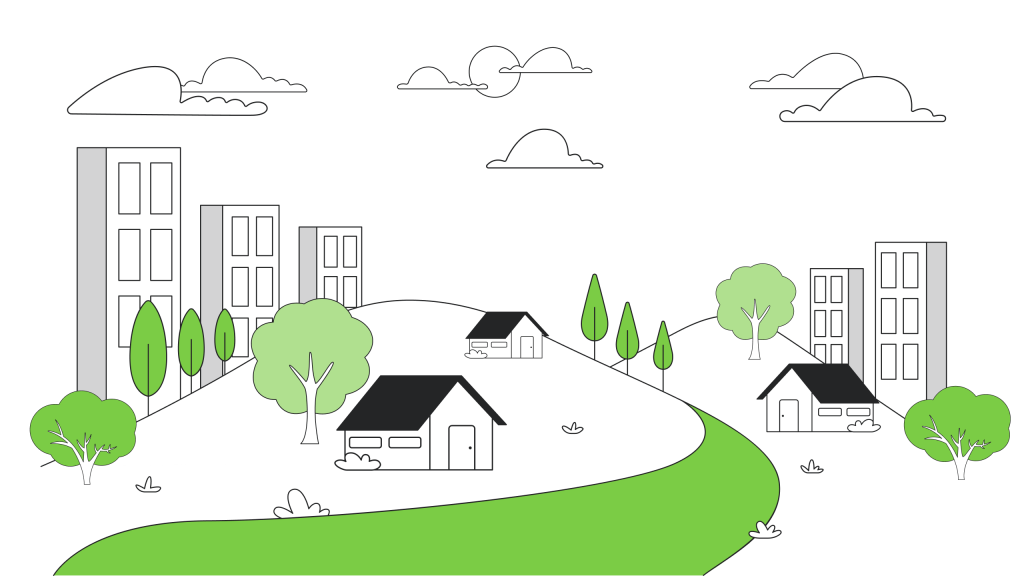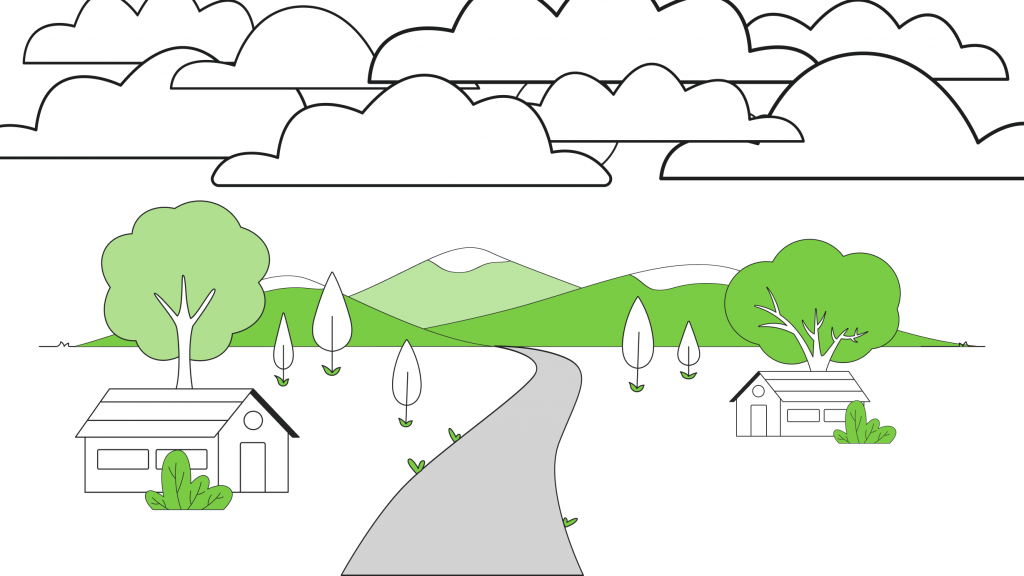Stay connected
Learn about the latest research and results from the project.
Subscribe to the NATURANCE Newsletter!
Learn about the latest research and results from the project.
Subscribe to the NATURANCE Newsletter!
The second round of Innovation Labs ran from February 2024 to February 2025. The three labs dived into enabling insurances to catalyse investments, designing of Heats Action Plans funding schemes, and implementing NbS and community insurance to boost resilience. The round engaged insurers, reinsurers, bankers, brokers, NGOs, local authorities, risk managers experts, knowledge brokers, land owners and researchers.
This workshop focused on understanding how insurance can act as a driver to attract new investment into nature-based projects (NbP). Given that the topic spans an entire sector, the approach was to foster discussion across different branches of the financial industry to strengthen the role of insurance within the current operating ecosystem.
Insurers, brokers, bankers, and managers gathered at the Centre for Sustainable Finance at the Cambridge Institute for Sustainable Finance (CISL) highlighted the need to address data gaps and develop shared assessment frameworks. The workshop highlighted key priorities: bridging data gaps, developing shared assessment frameworks and co-producing solutions through community engagement. The outcome points to a vision that integrates the public and private sector, mitigates risks, and enhances the benefits of nature-based projects with proper value assessment.
The result is a cross-domain roadmap for practitioners inspired by the view that it is already possible to catalyze investments in existing and potential Nature-based projects.
Related Documents:


As climate change intensifies, European cities have been experiencing an increase in frequency of extreme heatwaves. Despite the existence of Heat Action Plans (HAPs), most cities still lack stable and timely funding mechanisms to implement them effectively, especially for the most vulnerable groups.
The goal of this Innovation Lab was to explore financial tools to help cities prepare for heat events. In doing so, cross-sector collaboration is critical to reflect the urban ecosystem and needs. A diverse group of stakeholders such as insurers, local authorities, climate experts and public health actors, was asked to investigate the barriers to financing and test new approaches.
Two practical case studies guided the work: protecting rough sleepers in London through rapid response funding and assessing the feasibility of applying Nature-based Solution in urban green spaces.
The NATURANCE partner responsible for this innovation Lab on urban heat risk is Willis Tower Watson.
Related Documents:
In Padan Plain, one of the most flood-prone areas in Italy, structural defenses to flood risk like artificialized water courses are becoming increasingly inadequate as extreme events exceed their design threshold. To address such vulnerabilities, the NATURANCE team at the CMCC held an innovation lab to test a community-based insurance scheme of controlled flooding combining NbS.
Representatives from organizations, flood risk and water management authorities and the insurance sector collaborated to identify potential implementation challenges and to explore ways to overcome them. The ILab has facilitated cross-sectoral collaboration and contributed to breaking down institutional silos, successfully providing a foundation for more integrated flood risk management strategies.
While the scheme was originally developed within the Po River basin district and local water boards in mind, upcoming activities will widen its scope beyond the NATURANCE project and test its applicability to other national contexts. Notably, the ILab proposal was awarded additional funding through the NetworkNature Labs funding call.
Related Documents:

Collaborative Partnerships and Co-development
Insurance needs to work with banks and investment groups, to co-develop and structure insurance products. Leverage such alliances to share development costs
Risk Understanding and Mitigation
Need to enhance risk assessment capabilities to better understand the specific risks associated with nature-based solutions projects
Data Utilisation and Integration
Data are key to improving maps and geospatial risk models. Need to develop and/or use standards as part of nature-based solutions projects
What doesn’t work well? Lack of coherent and structured data
Financial Innovation and Blended Finance
Innovations include de-risked bonds, insurance-linked securities, biodiversity credits. Blended finance can help mobilise public and private (commercial, philanthropic) capital
What doesn’t work well?
Lack of measurable and clear financial returns
Value Assessment and Analysis
Need for cost-benefit analyses to quantify the economic and environmental value generated by nature-based solutions projects, thereby incentivising investments
Community Engagement and Empowerment
Need to understand local decision-making processes and financial motivations, to ensure project sustainability and success. Empower Indigenous Peoples and Local Communities (wealth of expertise)